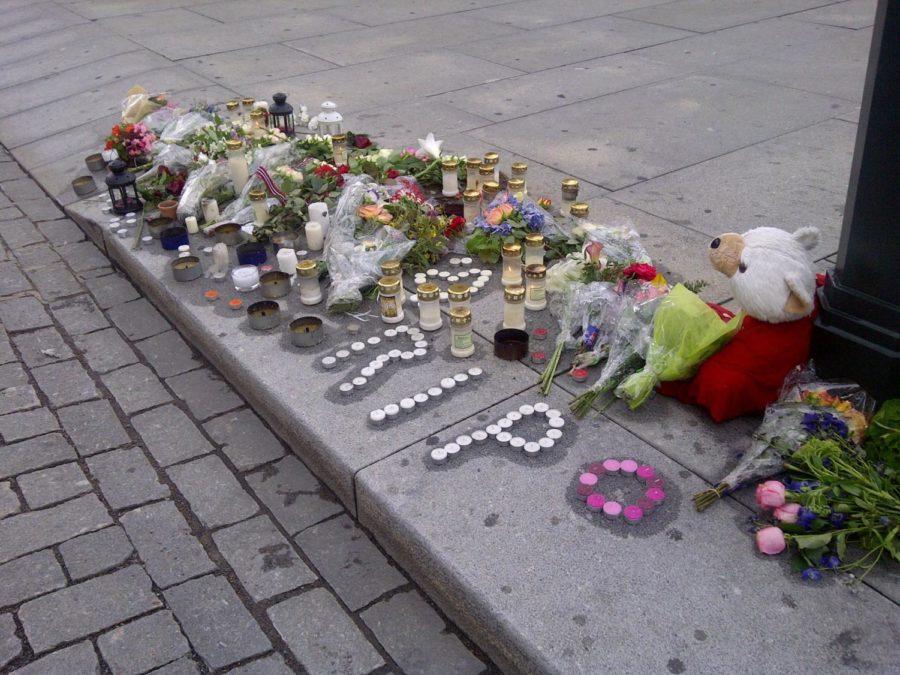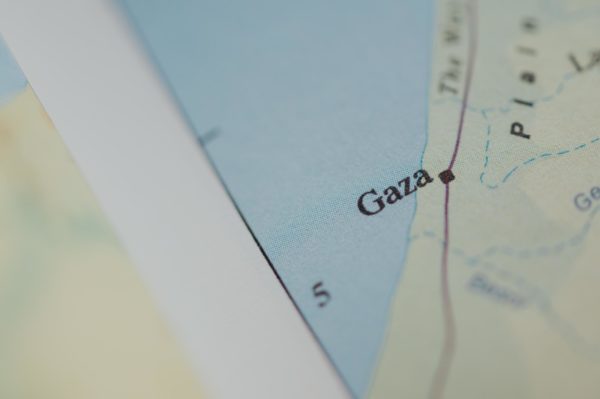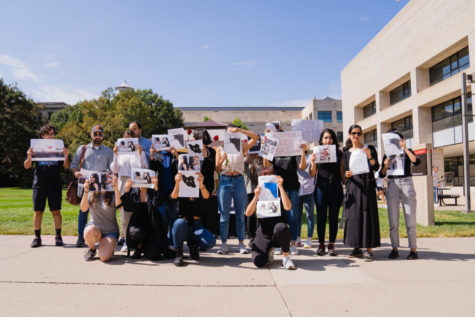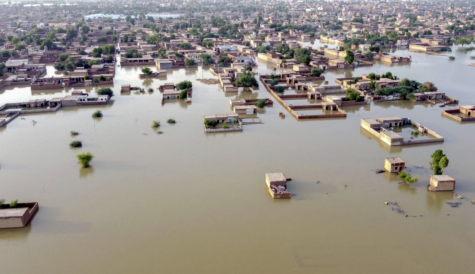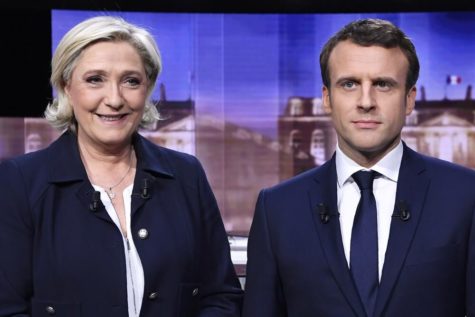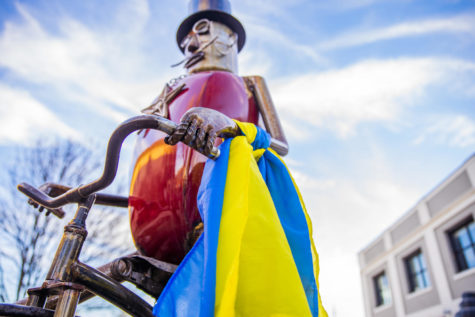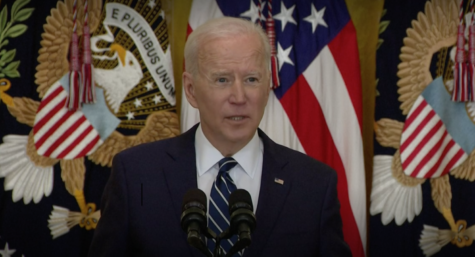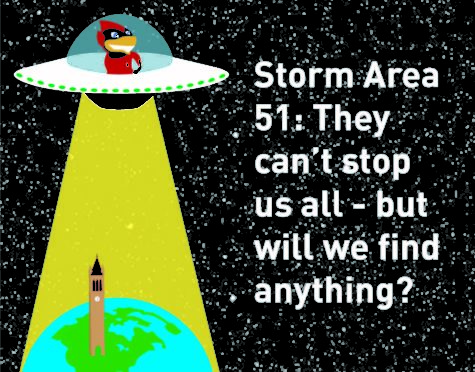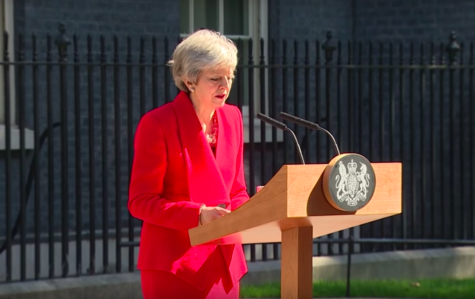Mourners of Norway attacks explore cultural, political implications
Mourners created a makeshift memorial to victims of the bombing in Oslo on Friday.
July 25, 2011
Shock and grief gripped Norway over the weekend, as Norwegians mourned the bloodiest attacks their country has sustained since World War II.
An ethnic Norwegian named Anders Behring Breivik, 32, was charged Saturday in relation to two attacks made the day before. Police suspect him of planting a bomb that killed at least eight in a car outside a government building in Oslo. They also suspect him of shooting and killing at least 68 attendees of a government-sponsored youth camp on Utoya Island.
In an interview on Saturday, Breivik’s lawyer Geir Lippestad told the Norwegian broadcaster NRK that his client had taken responsibility for both the attacks. Lippestad said Breivik had acknowledged the cruelty and gruesomeness of the attacks, but thought that they were necessary to effect the kind of social change he wanted.
The nature of the change he sought is detailed in a 1,500-page political manifesto that condemns multiculturalism, “cultural Marxism,” the growth of the Muslim population in Europe and the loss of Norwegian identity.
Just hours before the attacks, Breivik posted a YouTube video that aired similar sentiments, according to Norway’s TV2. In the video, he predicts a violent conflict between members of a “multiculturalist elite” and “conservative revolutionary forces.”
Failure to plan
According to reports published Saturday by Manchester’s Guardian newspaper, Brievik’s manifesto contains detailed plans for Friday’s attacks that date back to at least 2009.
Ellen Pirro, lecturer in political science, said the attacks showed the Norwegian government’s unpreparedness to respond to acts of terrorism.
“The Norwegian situation is absolutely typical of a country that does not have an emergency plan to react,” Pirro said.
Commenting on the amount of time between police being notified of the shooting on Utoya Island and their arrival on the island, she said that crisis protocols “should have been established ahead of time” to ensure minimal loss of life.
“It took police almost an hour to get down to the place where the massacre was,” she said. “They were all tied up downtown in Oslo with the bombing.”
Pirro predicted that the attack on the camp will have consequences reaching far beyond the people and families directly affected by it, saying it had “wiped out the entire younger generation” of liberal political leaders in Norway.
Attempting to put the attack in context, she said its consequences would be just as devastating to Norway’s political left as an attack on Democratic leaders would be to America’s.
NRK reported Sunday that portions of Breivik’s manifesto had been plagiarized from “Industrial Society and its Future,” a work by the American terrorist Theodore Kaczynski. Known as the “Unabomber Manifesto,” it argues for the dissolution of modern welfare states, and says that advanced technology has taken a destructive toll on human civilization.
In spite of Breivik’s having lifted Kaczynski’s words, Pirro doesn’t think he and the bomber share significant concerns in common.
“Kaczynski was revolting against technology,” she said. “This gentleman was definitely against multiculturalism and liberal philosophy.”
Nordic roots
Krista Nielsen, secretary of the ISU Viking Club and senior in English, had more immediate, small-scale concerns than Pirro. She said she was surprised by news of the attacks.
“I know there’s been tension,” she said, referring to racial and cultural antagonism in northern Europe. “I never considered it anything that could lead to violence.”
Nielsen, who is of mixed Norwegian and Danish ancestry, has traveled to Norway in the past, and spent some of her time visiting islands like the one on which the attack took place. Her familiarity with them intensified her shock.
“I felt like I could imagine the scene so well,” she said.
After listening to interviews with Norwegian law enforcement officials, she speculated that they were holding back some of their knowledge about the bombing and shooting to avoid compromising their ongoing investigation. She thinks this could be a prudent tactic.
“They want to be careful so they don’t overlook something and rumors start,” she said. “It’s not like they don’t want their people to know the facts.”
When asked what she thought of the Norwegian government’s response to the attacks, Nielsen said that the visits made by the king and queen of Norway to those affected were praiseworthy.
“I think it’s great that they reach out to the people,” she said.
‘Just a stone’s throw away’
On hearing of the explosion in Oslo’s government district Friday, Hilde Agnete Leren, 24, didn’t immediately suspect an attack. She remembers wondering if there’d been a gas leak in the building.
“I didn’t think it was going to be any kind of terrorism or anything,” Leren said. “You just never think it’s going to happen to Norway, because we’re so small and we’re so peaceful.”
Leren, who works as a bartender at Oslo’s Fisk og Vilt (Editor’s note: Leren is an acquaintance of the reporter’s) said that neither she nor anyone she knew had been directly harmed by the explosion. However, employees of Internasjonalen, a bar near the site of the blast, recently told her the force of the bomb’s detonation had shattered the windows of their building. They said they’d had to accompany one of their guests to the emergency room to treat his injuries.
Leren, who rents an apartment she calls “just a stone’s throw away” from the site of the bombing, was staying with her mother at the time of the attacks, in an area just beyond the town of Molde.
When speculation began that the bombing and shooting were the work of a terrorist, she said the image that came to her mind wasn’t much like that of Anders Behring Breivik, the man who has taken responsibility for the attacks.
“I wasn’t worried about any kind of right-wing extremists at all,” Leren said. “If somebody had asked me … who might do it, I would probably say al-Qaida.”
Leren said that she doubted any Norwegian would dare to emulate the actions of the person responsible for the attacks.
“Nobody wants to be associated with that,” Leren said. “Not even the biggest racists in Norway. And we don’t have many.”
Leren predicted that the attacks wouldn’t change the peaceful, tolerant climate of her native country.
“I don’t think we’re going to be laying down any kind of laws that will be threatening freedom of speech in any kind of way,” Leren said. “Here in Norway, we’ve allowed rallies for white supremacists. And I think we’re going to keep doing that.”
Leren noted that some of her friends had made violent remarks on Facebook in the aftermath of the attacks, but she dismissed these as “mostly talk.”
“We’re really a very peaceful people,” she said. “We just get really angry and talk about it a lot — how angry we are and what we would do if we were more violent people.”
Overall, Leren is heartened by the response of her fellow Norwegians to the attacks. She said it reinforced her positive impression of Norway as a whole.
“It’s just a compilation of a lot of different characters,” Leren said. “Unfortunately, Breivik was one of them. But he’s not representative of the Norwegian people, and I can see that in how the Norwegian people are coming together right now and trying to help each other and pick up the pieces. That’s Norway to me.”

